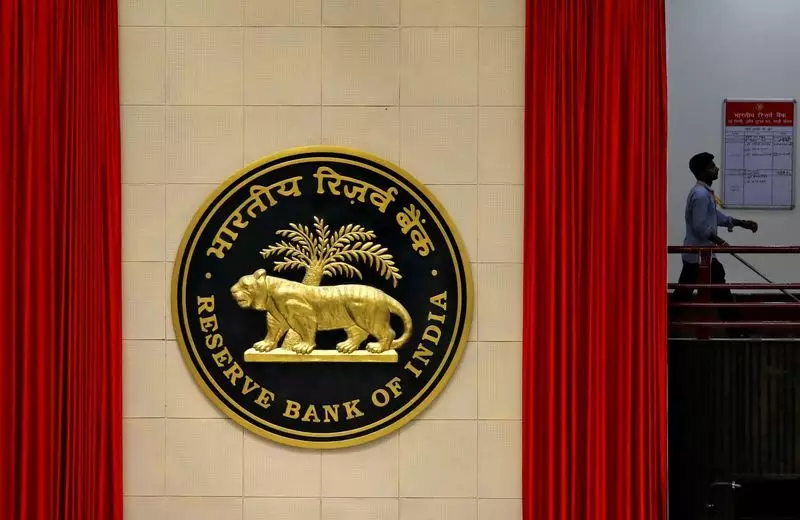
Chandigarh has witnessed a massive transfer of unclaimed funds from dormant bank accounts to the Reserve Bank of India's depositor education and awareness fund. The staggering amount of Rs 85 crore accumulated over ten years represents money that has remained untouched by account holders across various banks in the region.
The Scale of Unclaimed Deposits in Chandigarh
According to official data presented in the Lok Sabha by Union Finance Minister Nirmala Sitharaman, Rs 85 crore from inoperative accounts has been transferred to the RBI's DEAF account. This substantial amount had been lying unclaimed for a period exceeding ten years in various banks operating within Chandigarh.
The revelation came during the ongoing winter session of Parliament, where the Finance Minister responded to inquiries about the handling of unclaimed deposits. The transferred funds represent money from accounts that showed no customer-initiated transactions for an extended decade-long period, triggering their classification as inoperative under banking regulations.
Understanding Inoperative Accounts and DEAF Transfers
Bank accounts become classified as inoperative when no transactions are initiated by the account holder for a continuous period of two years. However, the transfer to RBI's DEAF account occurs only after these accounts remain inoperative for an additional eight years, making it a total of ten years of inactivity.
The Depositor Education and Awareness Fund (DEAF) serves as a repository for such unclaimed deposits. Established under the Financial Amendment Act 2017, this fund aims to utilize these resources for promoting depositor education and awareness programs across the country.
What makes this situation particularly significant is that these transfers don't mean the original depositors lose their right to claim their money. The banking system maintains proper records, and legitimate claimants can still approach their respective banks to recover their funds even after the transfer to DEAF.
Implications for Account Holders and Banking System
The accumulation of Rs 85 crore in unclaimed deposits highlights several important aspects of banking behavior and financial awareness. Many account holders might be unaware that their accounts have been classified as inoperative, especially those maintaining minimal balance accounts or accounts opened for specific purposes that were later forgotten.
Banking experts suggest that account holders should regularly review their banking activities and ensure they initiate transactions in all active accounts periodically. This prevents accounts from being classified as inoperative and eventually having funds transferred to the DEAF account.
The transfer process follows a strict regulatory framework where banks are required to make concerted efforts to contact account holders before classifying accounts as inoperative. They must also attempt to notify customers before transferring funds to the DEAF account, though these efforts sometimes fail due to outdated contact information.
For those discovering that their accounts might have been affected, the recovery process involves contacting the original bank with proper identification and account details. The bank then facilitates the claim process and recovers the amount from the DEAF fund if the claim is validated.
This situation in Chandigarh serves as a crucial reminder for all bank customers across India to maintain regular banking activities and keep their contact information updated with their financial institutions. The substantial amount involved underscores how easily significant sums can become forgotten in the banking system.






